
Perhaps you don't even know you grind your teeth. Maybe a spouse or loved one woke you up in the middle of the night and made you aware of what was happening.
For many people, teeth grinding is a habit and a mechanical reflex; when they’re awakened and informed they were grinding their teeth, they have no recollection of it at all. According to the American Dental Association, this is the nightly situation for roughly ten percent of Americans. From young children to the elderly, teeth grinding, known in the dental community as bruxism, is a serious concern.
Many people who grind their teeth in their sleep have no idea they're doing it. In fact, when they wake up in the morning they feel no jaw pain and their teeth are fine: if it hadn’t been for someone telling them about it, the teeth grinding would have gone unnoticed.
There are other people, however, who wake up with jaw pain, shoulder and neck pain, and headaches. Teeth grinding can cause a host of dental complications. From cracked teeth and receding gums to a misaligned jaw, teeth grinding is not something to take lightly.
Preventive measures are the key to combating bruxism, and a visit to Wortzel Integrative Dental Care can set you on the path to a healthy and safe night sleep.
The Reasons for Teeth Grinding
There are many reasons for teeth grinding. For some people, it’s a habit they acquired when they were a child and never grew out of. On the other hand, some research claims that the condition is related to stress, anxiety, or some other type of psychiatric issue.
Still other studies point to everything from poor muscle control or over-eating before bed to gastro-esophageal issues. However, the root cause of the teeth grinding is less important than identifying preventive measures against it.
Common solutions to teeth grinding include:
- Wearing a protective nightguard
- Stress management techniques
- Medications and muscle relaxers
When you make an appointment with Dr. Robert Wortzel at our Mountainside, NJ office, we will assess your situation and determine what the best course of action is. Teeth grinding is a dental concern that can cause serious health issues down the road, so be sure to take preventive measures today.





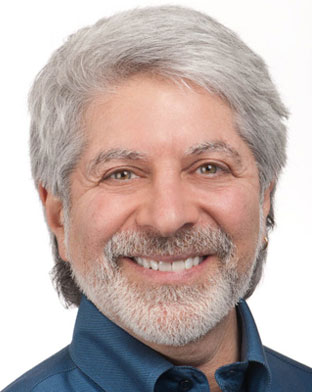














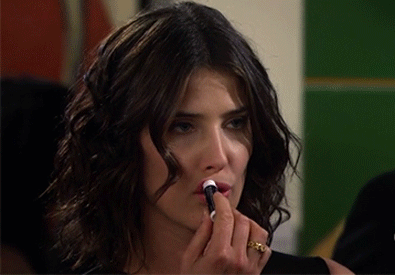












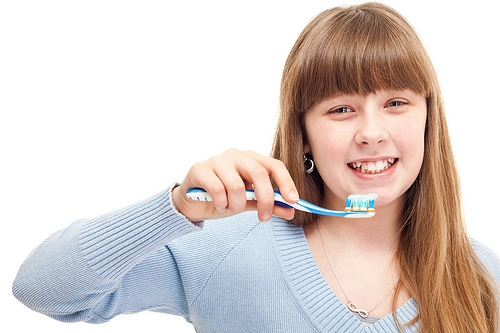




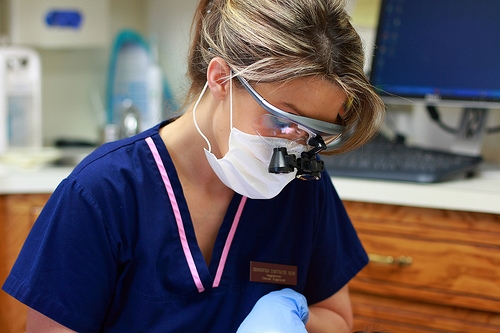












 On May 20, 2013, our daughter, Lisa graduated from New Jersey Dental School. It was one of my proudest moments as a father and as a dentist to have had the honor to place her graduation hood, officially welcoming her into my profession of 35 years.
On May 20, 2013, our daughter, Lisa graduated from New Jersey Dental School. It was one of my proudest moments as a father and as a dentist to have had the honor to place her graduation hood, officially welcoming her into my profession of 35 years.






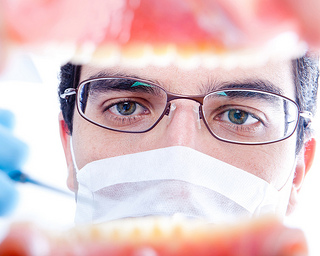


 What is Oral Cancer?
What is Oral Cancer?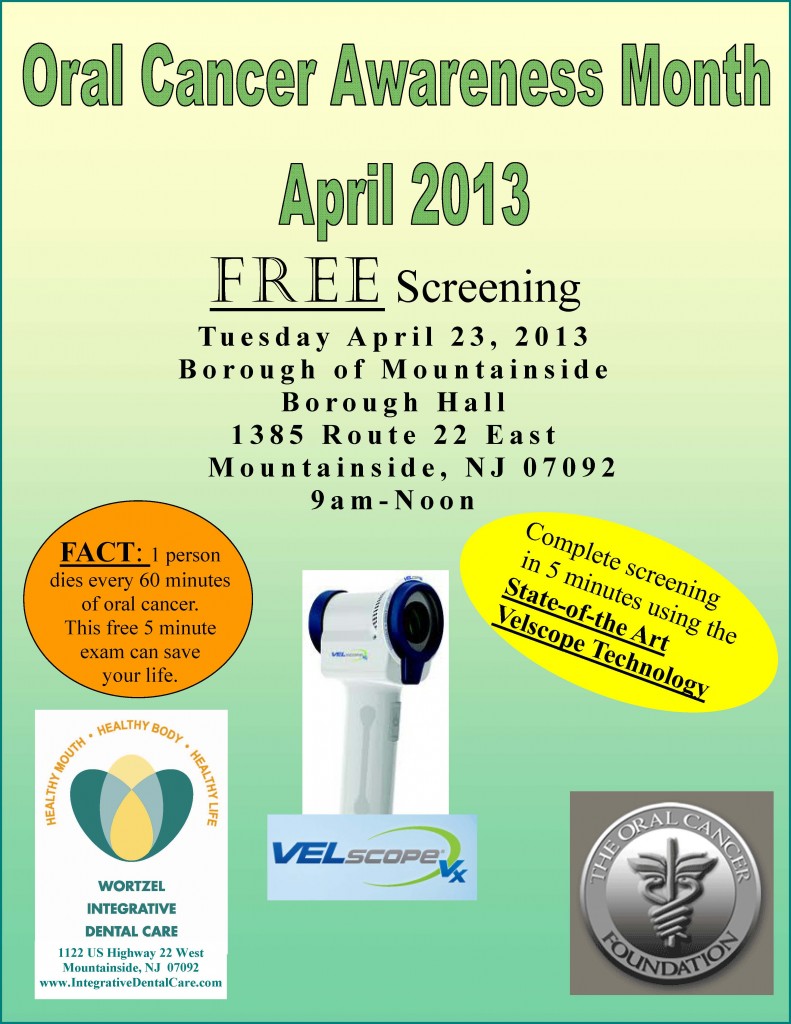
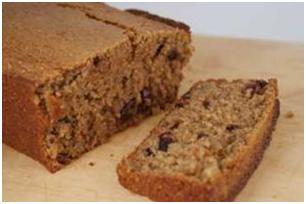
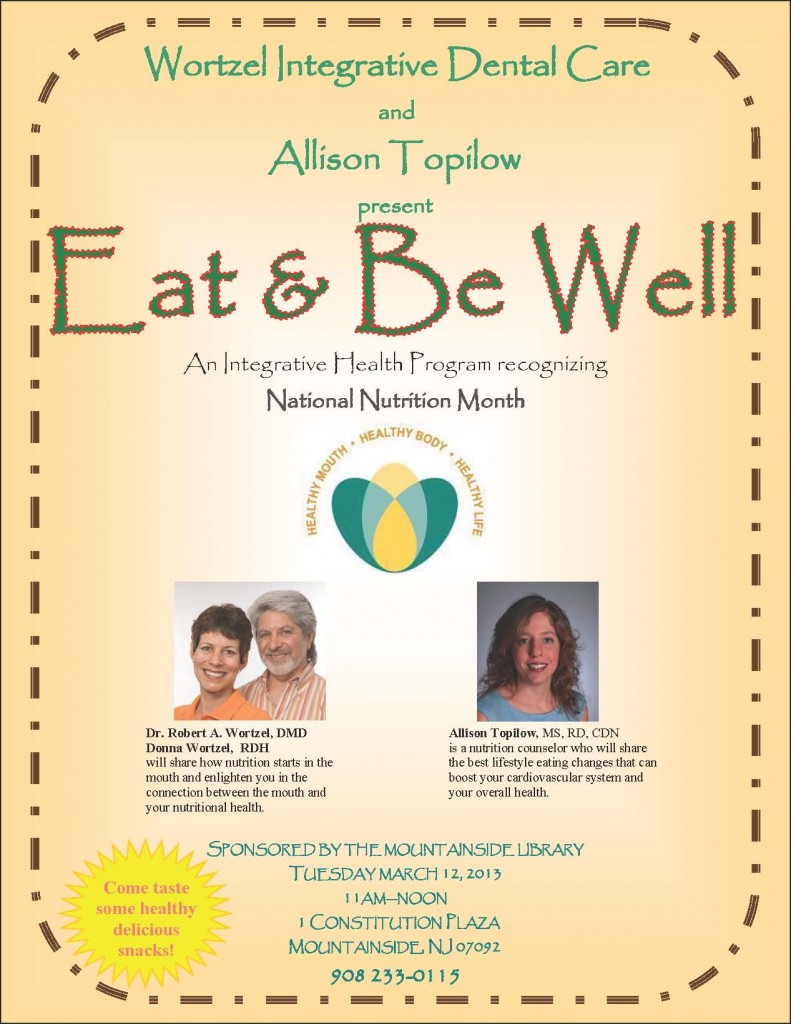
 Dr. Robert Wortzel and the team from Integrative Dental Care want to inform you that our office is currently without power. We are fortunate to have weathered the storm safely and hope that you and your family are safe as well.
Dr. Robert Wortzel and the team from Integrative Dental Care want to inform you that our office is currently without power. We are fortunate to have weathered the storm safely and hope that you and your family are safe as well. Bad breath, also called halitosis, can result from poor dental health habits and may be a sign of other health problems. Bad breath can also be made worse by the types of foods you eat and other unhealthy lifestyle habits. You may not even be aware of your own bad breath, so if you’re concerned you may be suffering from it, give us a call. We can help identify the cause and, if it’s due to an oral condition, develop a treatment plan to treat it.
Bad breath, also called halitosis, can result from poor dental health habits and may be a sign of other health problems. Bad breath can also be made worse by the types of foods you eat and other unhealthy lifestyle habits. You may not even be aware of your own bad breath, so if you’re concerned you may be suffering from it, give us a call. We can help identify the cause and, if it’s due to an oral condition, develop a treatment plan to treat it.

 Memorial Day weekend, a time to remember and honor the men and women lost while serving for our country. Memorial Day is also the unofficial start of summer, and for many folks getting out of town for three days after being cooped up in the classroom or the office spells sweet, sweet relief.
Memorial Day weekend, a time to remember and honor the men and women lost while serving for our country. Memorial Day is also the unofficial start of summer, and for many folks getting out of town for three days after being cooped up in the classroom or the office spells sweet, sweet relief. You water the garden three times a week, you change your car's oil every three months, and you replace the batteries in your smoke detectors once a year. Your teeth need to see your dentist on a regular schedule, too.
You water the garden three times a week, you change your car's oil every three months, and you replace the batteries in your smoke detectors once a year. Your teeth need to see your dentist on a regular schedule, too. Thanks for the question. Your first visit typically includes an x-ray that allows us to view the structure of the jaw, the position of any teeth that have not yet erupted, malformed roots, and tooth decay.
Thanks for the question. Your first visit typically includes an x-ray that allows us to view the structure of the jaw, the position of any teeth that have not yet erupted, malformed roots, and tooth decay.